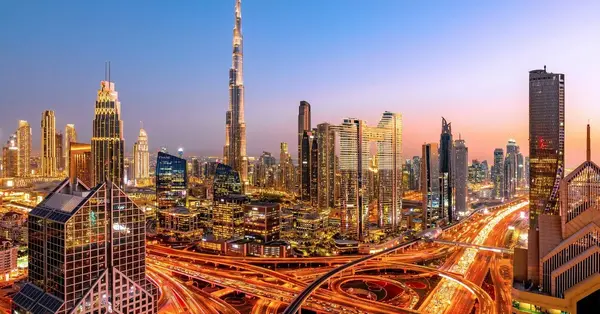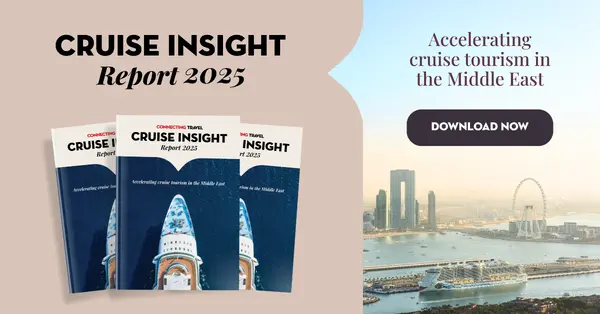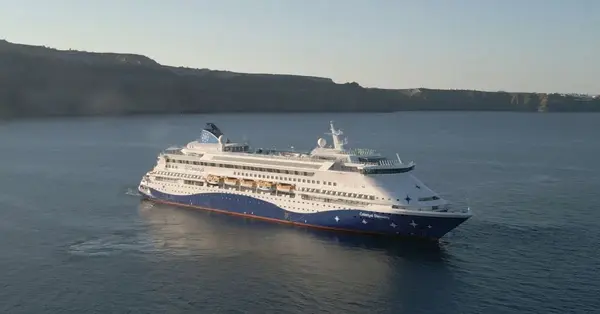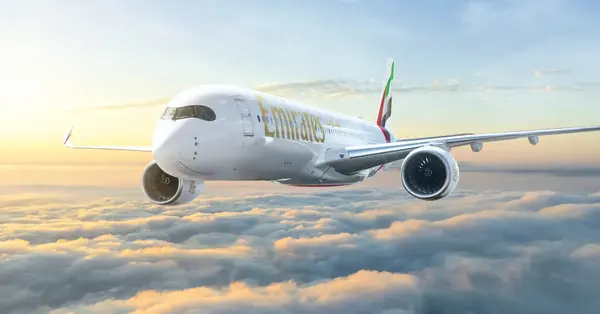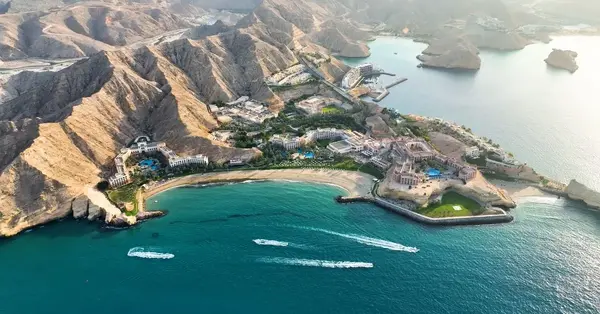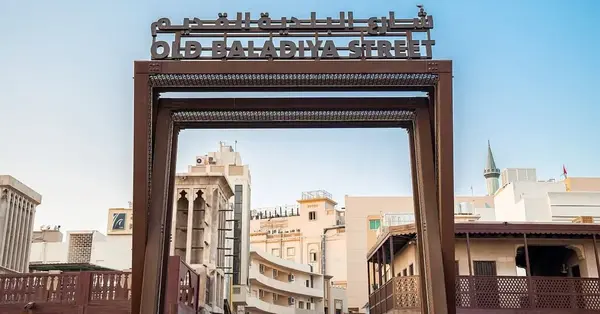Dubai ranked world's fourth best city for business travel
UAE emirate places high for connectivity, luxury hotels and global accessibility
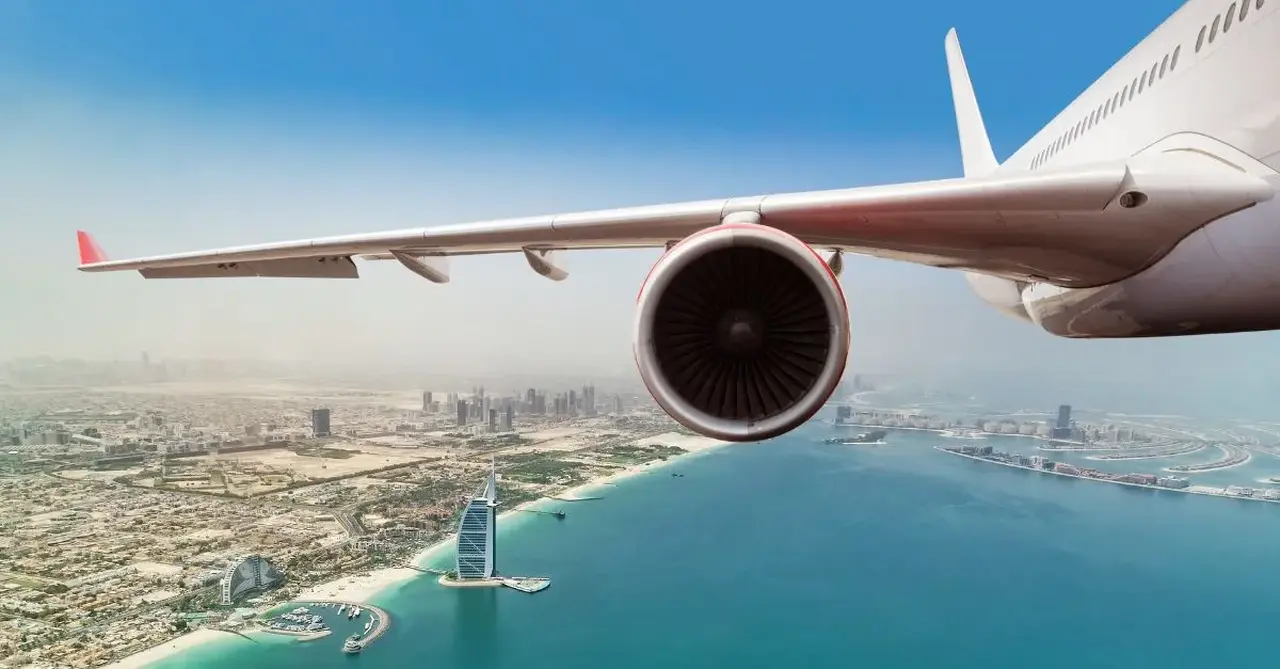
Dubai has been ranked fourth among the world’s top 10 cities for business travel, according to a new study evaluating global destinations on infrastructure, connectivity and cost factors.
The ranking, published by UK-based credit card provider Capital on Tap, assessed 77 cities worldwide based on Wi-Fi speed, hotel availability, dining costs, cultural attractions and flight times from London.
Luxembourg City took top spot, led by its high hotel density and rich cultural venues. Amsterdam followed in second place, thanks to its fast Wi-Fi and extensive landmarks, while Prague was third, noted for its affordability.
Taking fourth place, Dubai was recognised for its broad hotel offering, comprising 583 properties with a strong emphasis on the luxury and upper-upscale segments, complemented by diverse lifestyle choices across dining, leisure and cultural experiences.
The city also scored highly in digital infrastructure, featuring 23,607 free Wi-Fi spots and one of the fastest average internet speeds globally at 265.5 Mbps.
RELATED:
Dubai hotel occupancy hits 81% as visitors surge
Dubai International reports record-breaking passenger numbers in 2025
Middle East tourism spend to soar 50% to US$350 billion
Dubai was also praised for its strategic location at the crossroads of Europe, Asia and Africa, granting seamless access to more than two billion people within an eight-hour flight radius.
Facilitating this connectivity, Emirates airline operates one of the world’s largest long-haul networks and continuously invests in Wi-Fi-enabled aircraft tailored to meet the needs of corporate travellers.
Dubai’s global standing as a business travel destination is further reinforced by a recent Booking.com study that named Dubai International Airport (DXB) the world’s best airport for business travellers.
The airport, which welcomed a record 46 million passengers in the first half of 2025, scored 9.73 out of 10 for lounge availability, proximity to major business districts and nearby accommodation options.
These findings come as global spending on business travel is forecast to reach £1.56 trillion by 2028, with the Middle East market expected to see annual travel spending growth of more than 7% annually through 2030, outpacing global averages, according to data from ATM’s 2025 Travel Trends Report.
Dubai’s hotel capacity grew by nearly 900 rooms in the first half of 2025, with 5,000 additional rooms expected by year-end. Hotel occupancy rose to 81.4%, a 4.5% increase year-on-year supported by a 6.1% rise in international visitors to nearly 10 million.
For more information, visit www.capitalontap.com
You have viewed both of your 2 free articles this month as an unregistered user
To continue reading, please register with Connecting Travel free of charge, or if you have already registered click here to login

